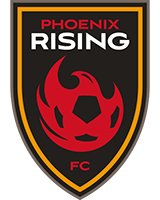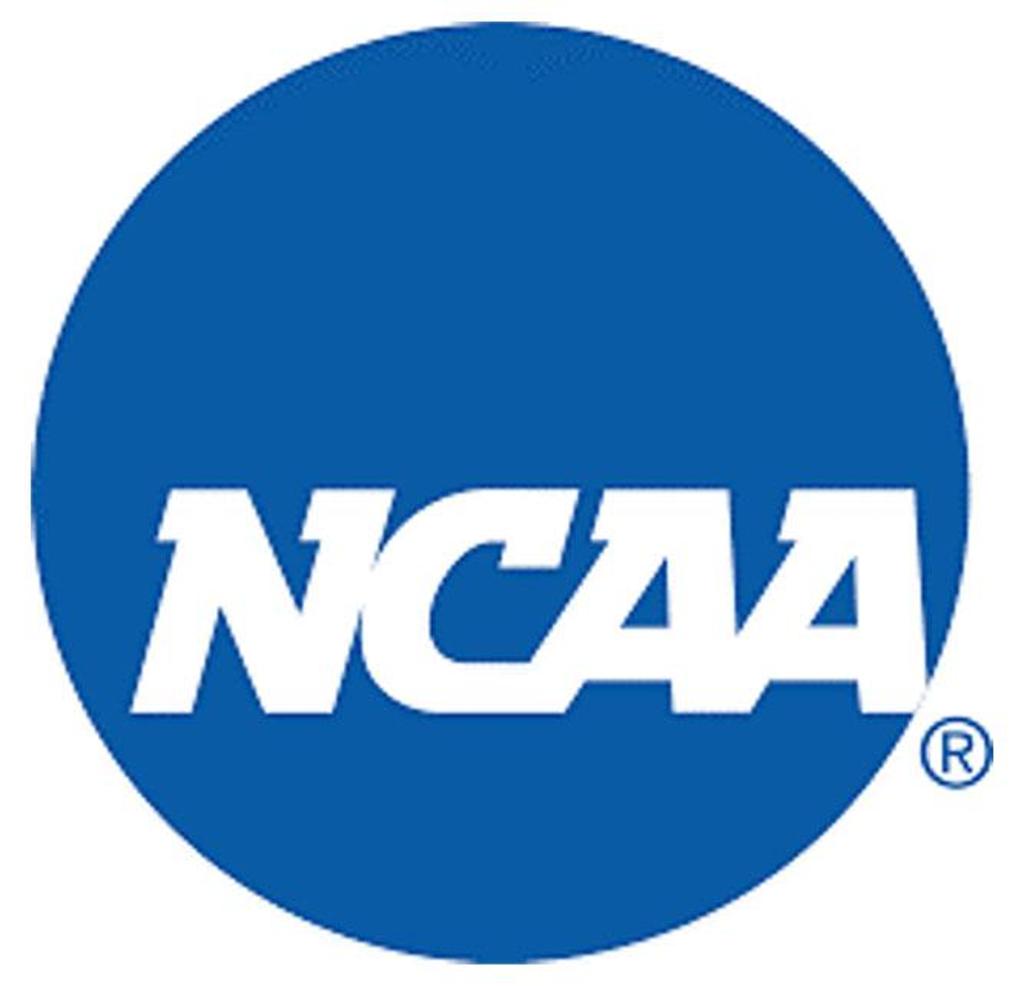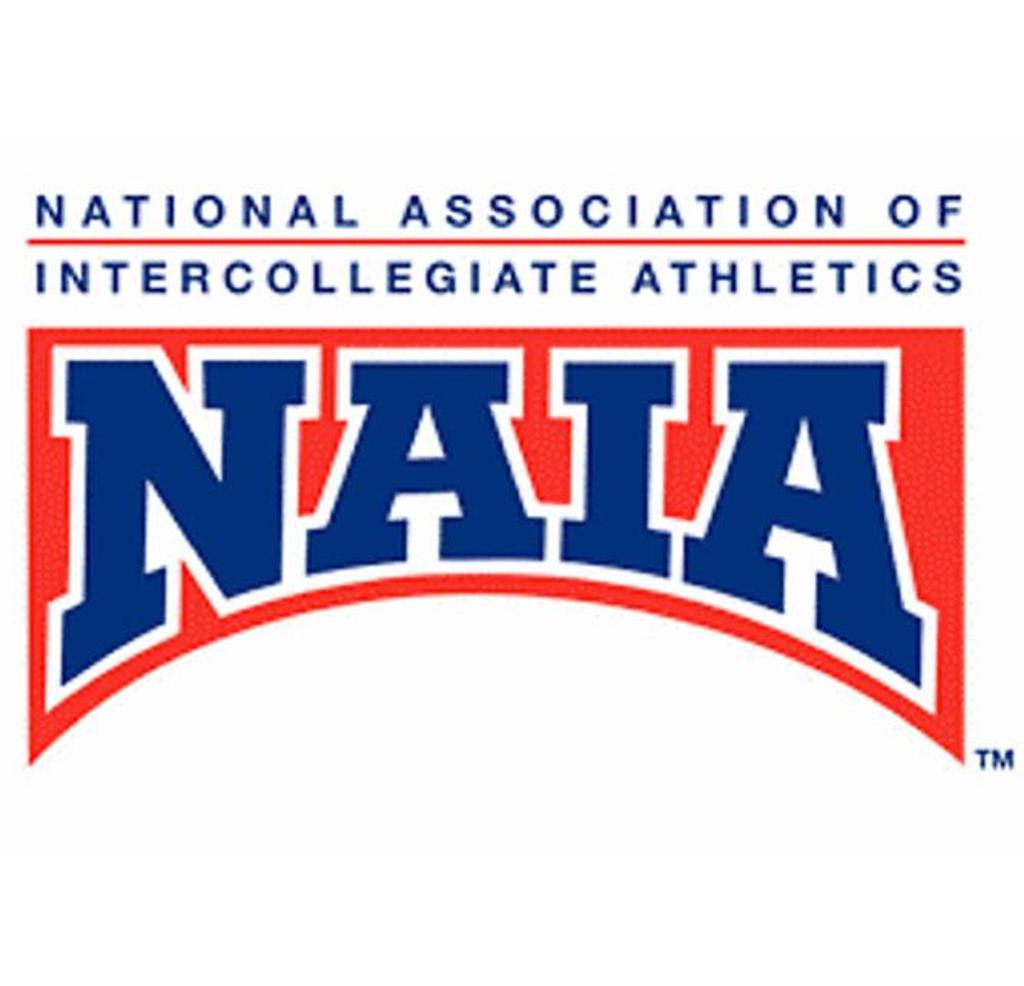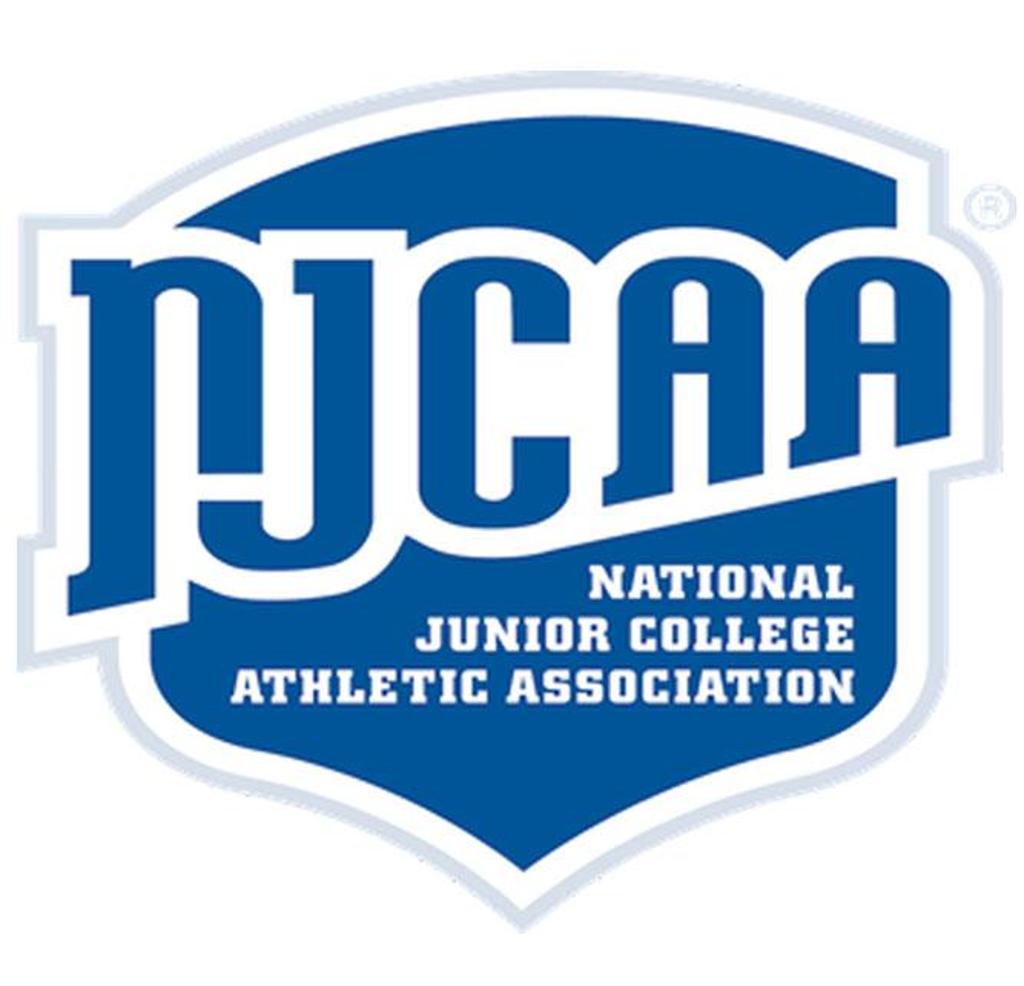
Phoenix Rising FC Youth Soccer is the only club in the State of Arizona that designates a full-time staff member to assist players and families, at all levels of ability, with the various aspects of the college athletics recruiting process.
Phoenix Rising FC Youth Soccer and education go hand-in-hand. Our College Advisory Program (CAP) is designed to help student-athletes achieve the next level and add to the ranks of players who have earned their way to a college soccer opportunity. With the understanding that not all of our graduates will seek to play in college, the College Advisory Program also provides a range of benefits to help in the college search and admittance process including PSAT / SAT / ACT test preparation, financial aid information, online resources, group seminars, individual meetings with individualized strategies and much, much, more . . .
But the biggest piece of the college search puzzle is YOU. Time consuming and sometimes overwhelming, the process requires a proactive attitude during which you will get to know yourself well enough to both create, and choose from, various academic and athletic options.
I am proud to showcase the Character, Commitment and Confidence of our players and look forward to working with each and every one of you during this exciting time!
Tibor Pelle
Phoenix Rising FC Youth Soccer
College Advisory Program Director
General Information
Your college search is a very difficult and overwhelming process making it a necessity to be educated in order to take a proactive approach to the process. It is important that you research your options, know which questions to ask, and take the time to find the school or soccer program that is the best fit for you. If and when you are successful, it can save you money and put you on a fast track to a rewarding career path as well as an enjoyable college or college soccer experience. Below are some categories to always consider when researching schools.
Location & Size of School
The school location and student population may heavily influence your college choice. Each location will offer a unique set of opportunities and experiences. Do you want the offerings of a large city or are you more comfortable in a rural environment? What resources will you need to access (e.g. transportation, museums, prospective employers, industry, and nature)? Take the time to consider what makes you happy now, what opportunities you want in the future, and how population density and surroundings may influence your overall happiness at that institution. Will weather be a factor in your happiness? Too hot, too cold, or just right? Also, consider the size of the student population and average class sizes. Do you need a smaller class setting with more individualized attention? Will you get overwhelmed with large lecture halls of 100+ students? Know your limitations and what type of learning environment is best for you and your success.
Academics
If you are seeking a particular major you may severely limit your college choices. Keep in mind that nationwide, approximately 50% of college students change majors at least once before college graduation. Try to find a school that has several areas of potential interest. If you do have a major in mind, make sure to compare the prospective program to other schools. Consider the reputation of the program and record of job placement or acceptance into graduate programs. Ask what the 4 year graduation rates are as the longer you are in school the more expensive it becomes. Take the time to meet with a representative from that program to answer any questions that you may have. Understand ALL academic requirements to gain acceptance to each school. If you are being recruited by a particular school, that athletic program may have some influence in assisting in your acceptance, but for the most part schools have little leeway. The reality is that better grades, harder classes, better class rank, and better standardized test scores will provide you more college choices and opportunities, so study!
Financial
You can quite easily find the overall costs of attendance (COA) for schools by looking online. If you are in contact with a prospective soccer program, find out what the qualifications are for academic and athletic money from the institution. Soccer scholarships are limited and coaches will utilize any and all means to assist families in the financial arena. The costs of a college degree are continually rising and vary greatly. If money is a concern, evaluate all potential areas to gain financial assistance. Know that changing majors, transferring to another school, and / or extending graduation after 4 years may increase your costs.
Athletic Standards
What level of play are you most suited for? How much college soccer have you watched whether on TV or live on a college campus? The more college soccer you see the better you will be informed of where you can play! Pay attention to the style of play of the school and how it fits in with your style. Pay attention to the recruiting class size and recruiting needs of the school. Do they need someone in your position or do they intend on playing you somewhere else on the field? Being versatile and having a good overall understanding of the game will afford you additional opportunities. Understanding the roles and responsibilities of ALL positions will open up more doors for you. A coach may recruit you for the position that they see you playing or for a position that they feel will help their program. You may play a certain position your first year or for a few years and then be moved to an alternate position. If you are not versatile and able to adapt to a new position you will find yourself not playing at all! Do you want to attend a school and sit for a year or two or do you want to attend a school and be an immediate impact? Will you still be happy playing for a losing program? Know the system, learn your opportunities, and come prepared to play.
BE PREPARED! BE PROACTIVE!! BE PERSISTENT!!!
Identifying Schools
College Variables to Consider When Selecting a College
Creating a list of schools that your son or daughter is interested in requires research and can be very overwhelming. Each player should identify and create a list of their top 25 schools, a second group of 25 schools and so on. To help with this process, your son or daughter will need to identify a school that most suits their needs. Below is a list of areas to consider that will help you when creating your list of schools. Creating your list of schools and then contacting those coaches or academic admissions advisors is the first step in this process.
Soccer Program
- Level of Play
- Team Success (Can I play for a losing program?)
- Needs of the Program when I Graduate (Are there opportunities? Will I play?)
- Style of Play
- Athletic Scholarship Requirements
- Facilities
- Academic Support for Athletes
- Housing Options
Academic Programs
- Academic Admittance Requirements (High School GPA, SAT Score, ACT Score)
- Academic Scholarship Requirements
- Areas of Study / Degree Programs / Majors and Minors
School Sizes and Student to Teacher Ratios
- Big School: 20,000 – 40,000+ Students = Bigger Class Sizes – 100+ Students per Teacher
- Small School: 3,000 – 10,000 Students = Smaller Class Sizes – 25+ Students per Teacher
School Location
- Rural or Urban Environment
- Weather
- Things to Do
- Commuter School (Many students leave for home on the weekend) OR School where most students stay through the weekends
- Geographic Diversity of the Student Population
School Costs
- Private or Public Institution
- In-State or Out-of-State Tuition
- Room and Board (On Campus vs. Off Campus)
- Books and Class Fees
- Academic Scholarships, Athletic Scholarships
- Financial Aid or Institutional Aid
- Travel Expenses
- Spending & Emergency Money
Contacting Coaches
Contacting coaches will be a HUGE part of your recruiting process. Your initial contact will most likely be by email and then as you progress through the process you will begin speaking to coaches face to face on unofficial and official visits as well as speaking to coaches on the phone.
Email Contact
Refer to sample emails you have discussed with the College Advisory Program Director. Utilize the email or portions of each that are most suitable to your situation. DO NOT HAVE YOUR PARENTS SEND EMAILS FOR YOU! Coaches want to hear from you and need to know that you are showing a genuine interest in their school. When emailing a school, send the email to the head coach as well as the assistant coaches.
Remember, college coaches receive hundreds of emails per week so if you do not receive a response right away, KEEP TRYING. Due to NCAA restrictions, some coaches will not be able to respond to you depending on when you send your email. Educate yourself on those restrictions so that you are aware of the timelines that coaches are able to contact you.
Unofficial Visits (you pay for the costs of the visit) and Official Visits (school pays for some or all of the costs of the visit)
Be prepared with a list of questions for the coach and make sure to take a copy of your updated soccer resume with you to leave with the coach. Show your personality and speak clearly when meeting with the coach. Be on your best behavior when not only interacting with the coach and any other staff members, but also when interacting with the players. Coaches want to interact with you and not your parents, but they will look at your parents to see how they behave and if THEY will be a problem if you are on the team.
Phone Calls
Whether you initiate the phone call or the coach calls you, speak clearly and be prepared with a list of questions that you would like to ask the coach. Refer to your meeting with the College Advisory Program Director and your own research for assistance in this area. Write down responses to your questions and any pertinent information about the school that will help you with your decision process. Do not leave things open ended when ending the call. Find out what your next step is with that coach and their school.
Be Prepared! Be Proactive!! Be Persistent!!!
College ID Camps
College ID Camps will be a big part of your college recruiting process. College ID Camps are camps that are hosted at the school itself or by a third party in order to give you more individualized attention with the the staff of certain colleges and universities. These ID Camps can be held at all different times throughout the year, can be 2 – 3 days in length (you will find some 1 day ID Camps) and are typically open to 9th – 12th graders (you will find some ID Camps open to 8th graders and older).
ID Camps can be a heavy financial burden in travel, lodging and associated expenses so you will want to start researching College ID Camps as early as your freshman year in high school. If there is a school or schools that you are extremely interested in, it is highly recommended that you attend an ID Camp at that college so that you can get a better feel for the school, the soccer program and the coaching staff as well as give yourself some early or additional exposure to that coaching staff. ID Camps not only allow you to view the campus and the facilities of the host school, but it allows the staff of the ID Camp (this could be coaches from multiple institutions) to evaluate you in a training environment. This gives you more 1 on 1 personal attention with each college coach that you come in contact with at the camp. ID Camps have become more of an integral part of the college recruiting process so begin looking at the athletics pages of each of the schools that are of interest to you so that you can begin to schedule some of these ID Camps.
Some of the most commonly asked questions in regards to College ID Camps:
How do I know which College ID Camp to go to?
If it is a top school on the list of schools that you are interested in then try and find a time to attend. You should try to attend 2 – 3 per year, minimum, of your top 5 schools of interest.
Are third party College ID Camps worth the money?
If there is a school attending the ID Camp that you are interested in or one that is on the top of your list then I would attend the camp. The more exposure to the coaches of the schools that you are interested the better for you.
Please contact your CAP Director with additional questions in regards to College ID Camps.
How Important are your ID Camps & Clinics Video
FAQ
I am a Freshman in High School, is it too early to start the college search process?
It is never too early to start the college search process. There are thousands of programs available so the sooner you can begin your research process the better.
Will college coaches be able to contact me before my Junior Year?
Yes, certain schools will be able to contact you. Each governing body (NCAA, NAIA, NJCAA) has different rules and regulations in regards to the recruiting process. Refer to the recruiting chart on each organizations website for specifics.
There are so many schools, where do I start?
Organize a list of schools by certain criteria that will be important to your individual situation. A general guide is: Size, Location, Cost, Academics, and Level of Play. Put schools into groups of 25.
How many schools should I contact?
Contact as many schools as possible that fit within your criteria. Every college coach will be different in regards to their specific needs at that moment. Just because you want to attend that school does not mean that the college coach will be interested in you as a player, so have as many options as possible.
Do I need to fill out the FAFSA (Free Application for Federal Student Aid)?
Yes, every High School Senior should begin filling out the FAFSA starting October 1st of his or her Senior Year.
When do I need to start filling out applications?
The application process will begin the summer prior to or the fall of your High School Senior Year.
Do I need to take the SAT and the ACT?
Yes, take both. There are some schools that will only accept the SAT some that will only accept the ACT and some schools that will accept both.
What type of GPA do I need to maintain?
Your goal should be a 3.5 or higher overall GPA. The higher the GPA the more opportunities you will have to earn academic money as well as more opportunities for general admittance to schools.
What is the NCAA and NAIA eligibility center and when do I do this?
The NCAA and NAIA eligibility centers were established to verify academic eligibility. If you wish to participate in NCAA Division I or II athletics or NAIA athletics you need to be certified by the NCAA Eligibility Center and / or the NAIA Eligibility Center. You can register for the NCAA Eligibility starting in your Sophomore year in High School. You can register for the NAIA Eligibility Center once your Junior year in High School is completed. Both eligibility centers will need copies of your SAT / ACT test scores and academic transcripts.
This process is very confusing, whom should I contact for help?
Contact your Phoenix Rising FC Youth Soccer College Advisory Program Director, Tibor Pelle, at Tiborp@prfcyouthsoccer.com.
Test Prep for SAT – ACT – PSAT
Take Control of Your SAT, ACT, and PSAT Test Scores
What is ePrep? Your guide to the best score!
ePrep is a unique online study program that offers the benefits of expert private tutoring at an affordable cost. We are the test prep solution for your busy schedule. On the go or in between soccer practice and your regular studies, ePrep provides a fast, simple, effective way to prepare for the big test day.
In it’s simplest form, ePrep is an online program that allows you to take full length exams with instant feedback. After you’ve completed the tests online or offline, ePrep instantly grades your tests and provides video lessons from an expert tutor for every single test question. If you want more, we provide more video lessons that drill deeper into the core concepts covered on the exams. A fully integrated calendar feature helps you stay on track and a suite of reports shows the areas you can increase your score in the fastest amount of time.
Discounted pricing is offered to all Phoenix Rising FC Youth Soccer players and their families so please email Tibor Pelle, your College Advisory Program Director, at Tiborp@prfcyouthsoccer.com for all of the pricing and details.
How ePrep works?
Show Me vs. Tell Me – Practice / Grade
You’re in the driver seat – choose whether you would like to take the test online or offline. With a beautiful online interface (fully tablet compatible) and easy to use offline experience, ePrep let’s you decide how you prepare for the test. Get instant feedback on your score, correct answers, incorrect answers, and more!
Review
We have video lessons from an expert tutor for EVERY SINGLE question within the program. That’s right, thousands of videos from an expert tutor showing you, instead of telling you, how to properly approach each and every question come test day. We track your individual progress so you know exactly what stage of the review process you’re in. We identify your areas of weakness and offer remediation. ePrep helps you to stay focused on raising your test score.
Repeat
Watch the videos as many times as you want. Rewind. Pause. Watch them again. It’s your test prep world. With up to 6 full length tests you can engage in hundreds of hours of expert tutor instruction whenever you want, wherever you want, as often as you want. Go through an entire test all at once or review one question at a time, ePrep keeps it simple.
Discounted pricing is offered to all Phoenix Rising FC Youth Soccer players and their families so please email Tibor Pelle, your College Advisory Program Director, at Tiborp@prfcyouthsoccer.com for all of the pricing and details.





















































































































































































































































































